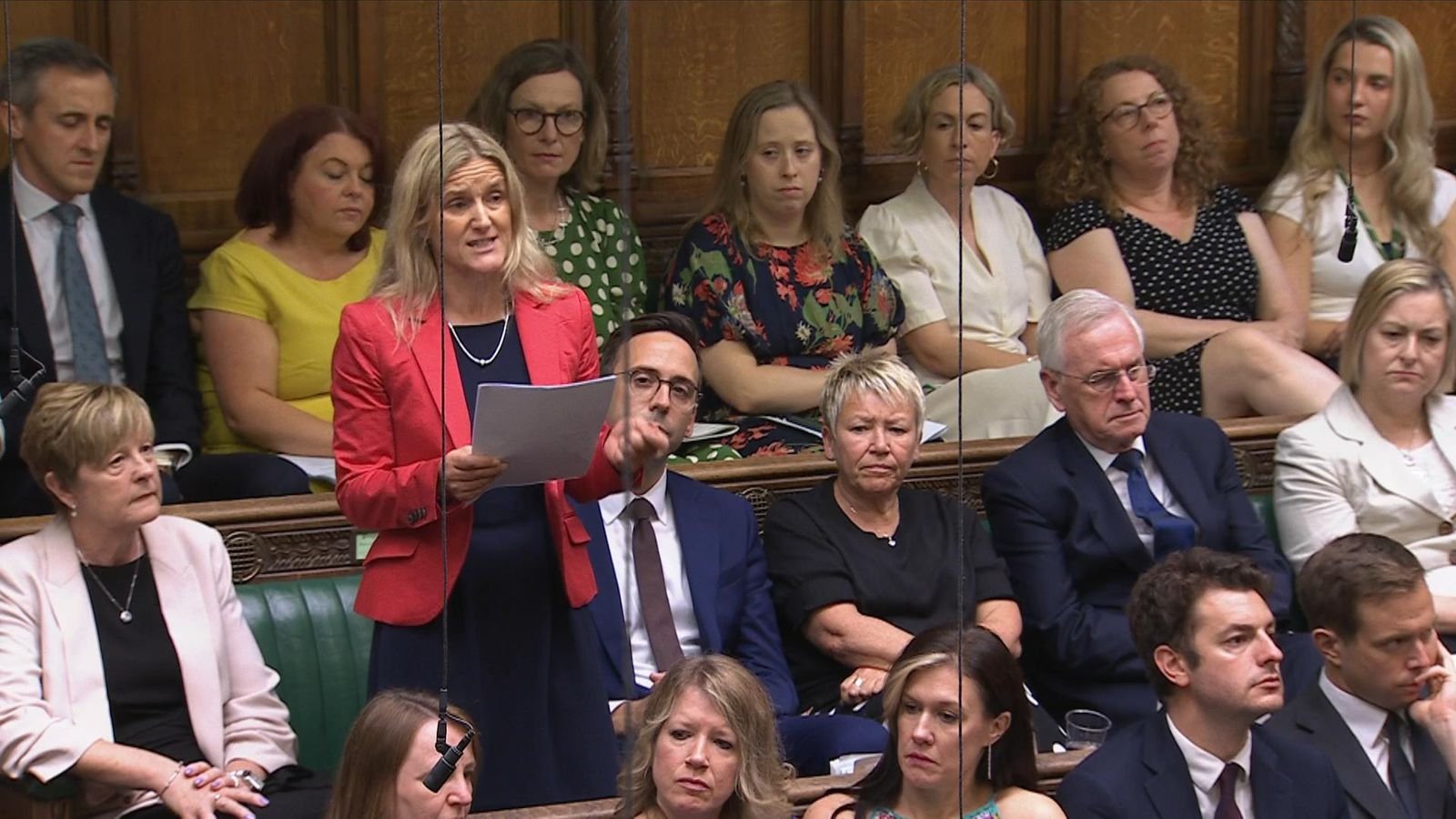The House of Commons is a place defined by confrontation where political battles play out and engage more actively with their constituents. But the atmosphere could not have been more different on Friday, as those on both sides of the assisted dying debate listened respectfully, almost solemnly, to one another in the final hours before the crucial vote.
As MPs headed for the division lobbies, the bill’s supporters seemed confident but nervous. Read more: How both sides of debate reacted to historic vote Find out how your MP voted on the bill
When the voting was completed and the result imminent, a long and profound silence fell over the House. From the press gallery, it seemed that the entire Commons was holding its breath together, collectively aware of the historic moment we were all about to witness, whatever the outcome. The woman at the centre of this seismic moment, the bill’s sponsor Kim Leadbeater, braced herself as the result came in.
Many months of pressure and responsibility appeared to be lifted from her shoulders as the win was announced and colleagues gathered to commend her efforts. Throughout the process this been politics but not as we know it, with party divisions put aside and MPs asked to search their own consciences and come to their own conclusions. It has created a more collaborative atmosphere in parliament and encouraged MPs to engage more actively with their constituents.
In the end, there was still anger, frustration, and disappointment among those who were against the law change, either on principle or because they believed the legislation was flawed. And of course, politics will go back to being combative, and voices in the Commons will be raised once again. But for a brief period, historic change was calmly ushered in. The challenge for the proponents now is to take the legislation through the next phases and deliver it with the same smoothness and determination.
SOURCE

